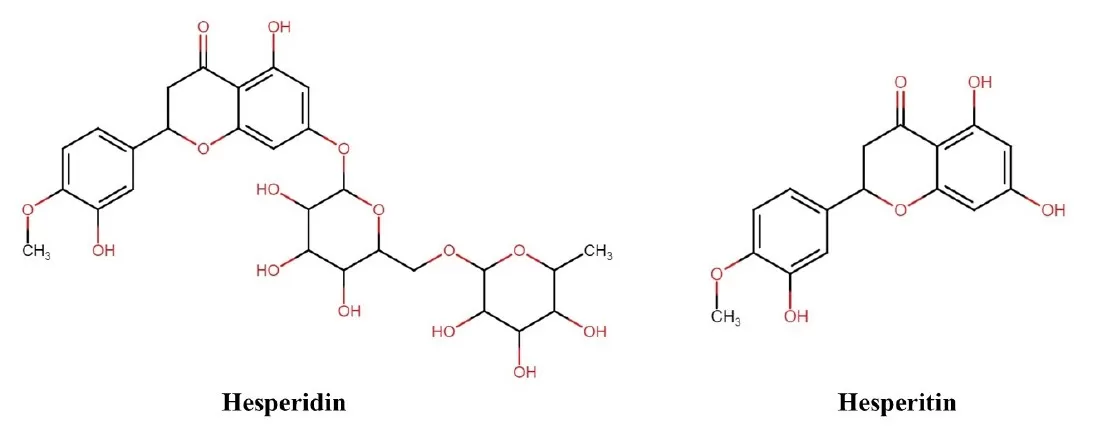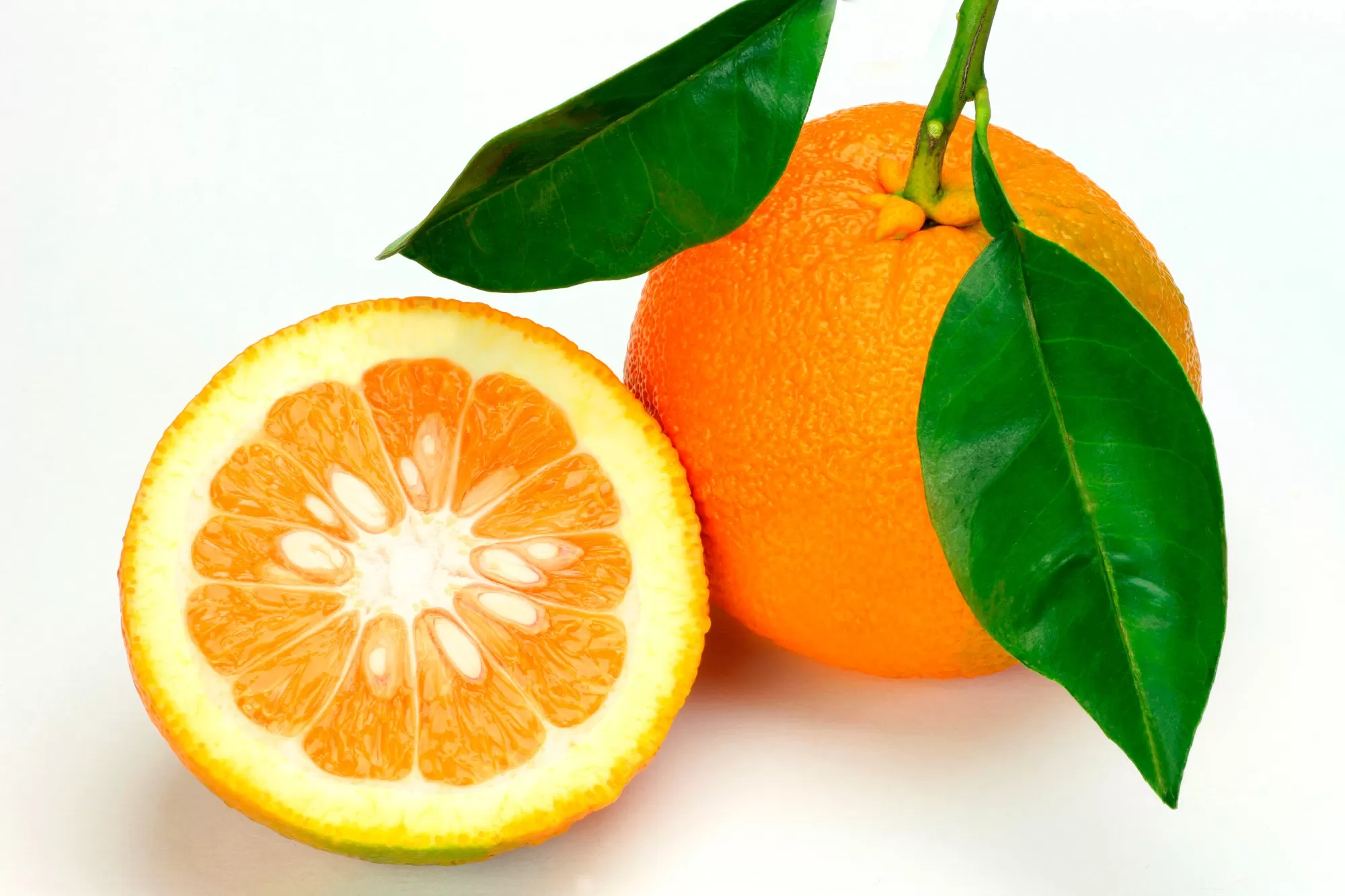- 0086-571-85302990
- sales@greenskybio.com
What Is Hesperidin Good For?
2025-03-23

Hesperidin is a bioflavonoid predominantly found in citrus fruits, such as oranges, lemons, and grapefruits. While commonly consumed through diet in various fruits, Hesperidin's potent health-promoting properties have led to its widespread use in supplement form as well. Known for its antioxidant, anti-inflammatory, and vascular protective effects, Hesperidin plays a significant role in supporting a range of bodily functions and is crucial in modern health and wellness regimens. This article delves into what hesperidin is good for, highlighting its benefits, mechanisms of action, and applications in promoting human health.
Understanding Hesperidin
As a member of the flavonoid family, hesperidin is a plant compound that imparts vibrant color and distinct aroma to citrus fruits. It is typically found in high concentrations in the peel or rind of these fruits. Hesperidin's health benefits can be attributed to its ability to modulate enzyme activities, stabilize cell membranes, and facilitate communication between cells, which positively impacts various physiological processes.
The bioavailability of hesperidin in its natural form is limited by its solubility, which has prompted the development of supplements designed to enhance its absorption into the body, thereby maximizing its therapeutic potential.
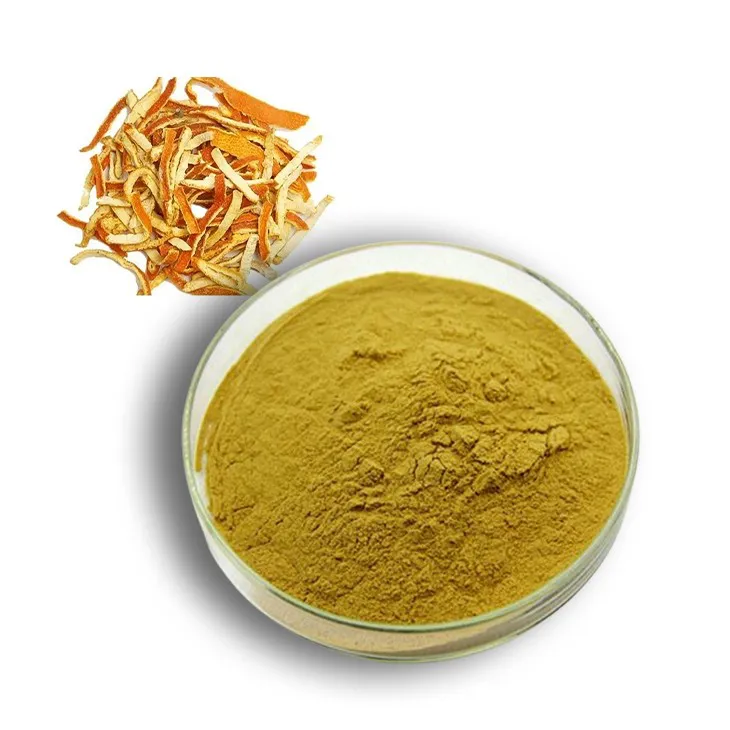
Health Benefits of Hesperidin
Vascular Health
One of the most notable benefits of hesperidin is its positive impact on vascular health. Hesperidin helps strengthen blood vessels by enhancing capillary integrity and reducing capillary permeability, which is essential for preventing fluid leakage into surrounding tissues. This protective effect contributes to improved circulation and reduced risk of venous insufficiency, varicose veins, and hemorrhoids.
Hesperidin's vascular benefits are further supported by its ability to inhibit platelet aggregation and enhance endothelial function, both of which help reduce the risk of cardiovascular diseases, including heart attacks and strokes.
Antioxidant Properties
Hesperidin is a powerful antioxidant that helps protect the body from oxidative stress, a condition characterized by the overproduction of free radicals that can cause cellular damage. By neutralizing these free radicals, hesperidin supports cellular health, boosts immune function, and reduces the risk of chronic diseases such as cancer and neurodegenerative disorders.
The antioxidant activity of hesperidin also aids in reducing inflammation, which plays a role in many pathological conditions. Its dual ability to combat oxidative stress and inflammation makes hesperidin valuable in promoting overall health and well-being.
Anti-inflammatory Effects
Inflammation is a natural bodily response to injury or infection, but chronic inflammation can contribute to the development of numerous diseases, including arthritis, asthma, and inflammatory bowel disease. Hesperidin demonstrates significant anti-inflammatory properties by inhibiting the production of pro-inflammatory cytokines and modulating immune cell function.
These effects help alleviate symptoms, provide relief for inflammatory conditions, and enhance the body's natural healing processes, making hesperidin a key component in therapeutic strategies targeting inflammatory disorders.
Metabolic Health
Hesperidin has shown potential benefits for metabolic health, particularly in the regulation of glucose and lipid metabolism. Studies suggest that hesperidin may improve insulin sensitivity and help normalize blood sugar levels, supporting the management of diabetes and reducing the risk of metabolic complications.
Moreover, hesperidin may help regulate lipid levels, lowering total cholesterol and LDL (low-density lipoprotein) cholesterol, which are important considerations for preventing cardiovascular diseases associated with metabolic syndrome.
Skin Health
The antioxidant and anti-inflammatory properties of hesperidin extend to supporting skin health. Hesperidin helps protect skin cells from damage caused by UV radiation and environmental pollutants, mitigating the effects of photoaging and promoting a healthy complexion.
Additionally, hesperidin may enhance collagen synthesis, which is vital for maintaining skin elasticity and reducing visible signs of aging. Its inclusion in skincare products is aimed at improving skin texture, firmness, and overall appearance.
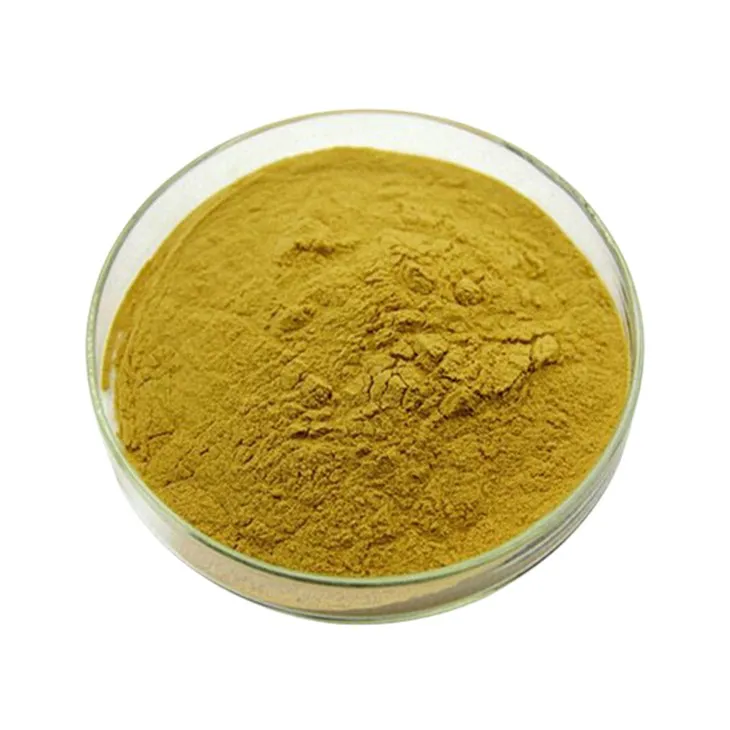
Applications and Safe Use of Hesperidin
Hesperidin is available in various forms, including dietary supplements and skincare products, designed to harness its health benefits. Incorporating hesperidin into daily routines can be achieved through:
Dietary Supplements: Hesperidin supplements come in capsules or tablets, often combined with other flavonoids for synergistic effects. Typical doses range from 500 mg to 1000 mg daily, depending on individual health needs and professional guidance.
Dietary Sources: Consuming citrus fruits regularly provides natural sources of hesperidin. Peels and zests can be added to culinary recipes for flavor and nutritional benefits.
Skincare Products: Inclusion in topical formulations offers antioxidant protection and anti-aging benefits, supporting healthy skin and a youthful appearance.
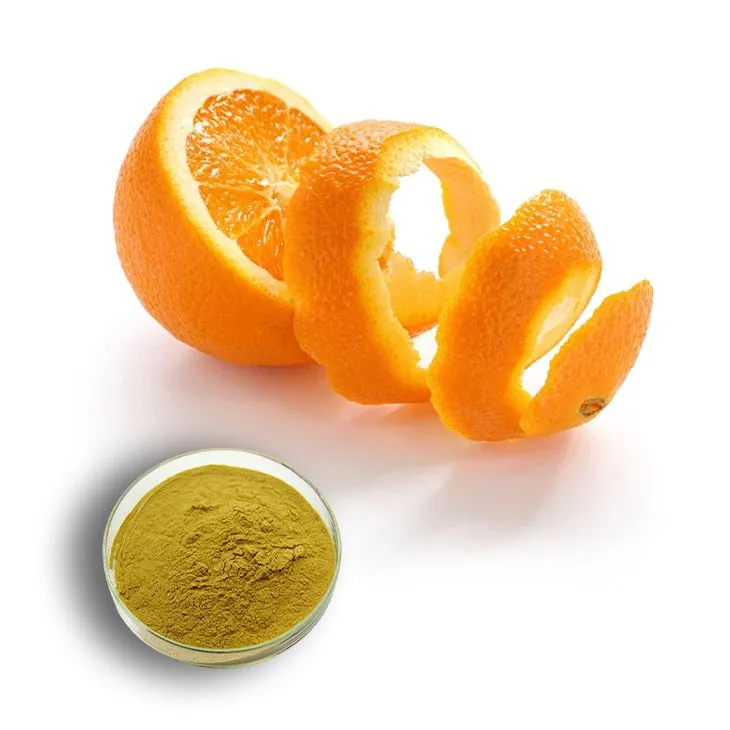
Safety and Precautions
Hesperidin is generally considered safe for consumption when used within recommended dosages. Some individuals may experience mild digestive discomfort or allergic reactions. Pregnant or breastfeeding women, and those on certain medications such as blood thinners, should consult healthcare professionals before use. Evaluating product quality and purity is essential to ensure safety and efficacy.

Conclusion
Hesperidin, a valuable flavonoid found abundantly in citrus fruits, offers a wide range of health benefits supported by scientific research. By enhancing vascular health, providing antioxidant protection, and offering anti-inflammatory effects, hesperidin contributes to improved overall health and disease prevention.
Understanding hesperidin's applications and integrating it into health strategies can significantly enhance wellness and longevity. As interest in natural health solutions grows, hesperidin stands as a vital plant-based compound poised to play a central role in promoting human health across multiple dimensions.
- ▶ Hesperidin
- ▶ citrus bioflavonoids
- ▶ plant extract
- ▶ lycopene
- ▶ Diosmin
- ▶ Grape seed extract
- ▶ Sea buckthorn Juice Powder
- ▶ Beetroot powder
- ▶ Hops Extract
- ▶ Artichoke Extract
- ▶ Reishi mushroom extract
- ▶ Astaxanthin
- ▶ Green Tea Extract
- ▶ Curcumin Extract
- ▶ Horse Chestnut Extract
- ▶ Other Problems
- ▶ Boswellia Serrata Extract
- ▶ Resveratrol Extract
- ▶ Marigold Extract
- ▶ Grape Leaf Extract
- ▶ blog3
- ▶ blog4
- ▶ blog5
-
what is hesperidin supplement
2025-03-23
-
what is glucosyl hesperidin
2025-03-23
-
Hesperidin: Uses and Benefits
2025-03-23
-
what does hesperidin do
2025-03-23
-
what is hesperidin complex
2025-03-23
-
What is Diosmin Hesperidin?
2025-03-23
-
Saponin Extract
2025-03-23
-
Nettle Root Extract
2025-03-23
-
Nutmeg Extract
2025-03-23
-
Black Pepper Extract
2025-03-23
-
Feverfew Extract
2025-03-23
-
Hesperidin
2025-03-23
-
Konjac Powder
2025-03-23
-
Beta Carotene
2025-03-23
-
Citrus Aurantium Extract
2025-03-23
-
Ginger Extract
2025-03-23











